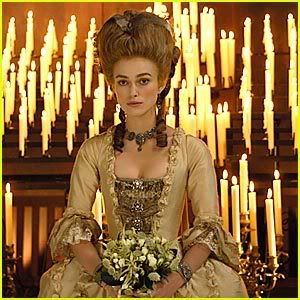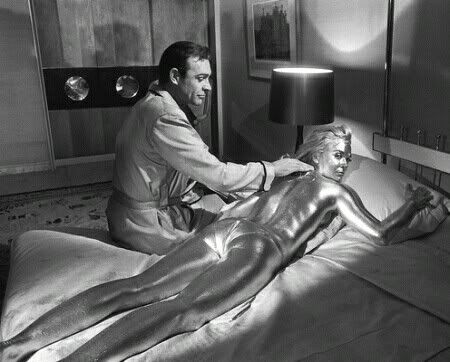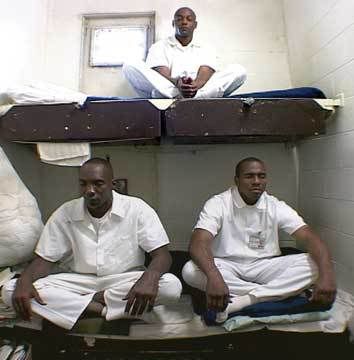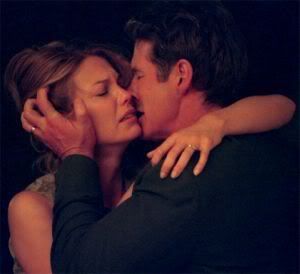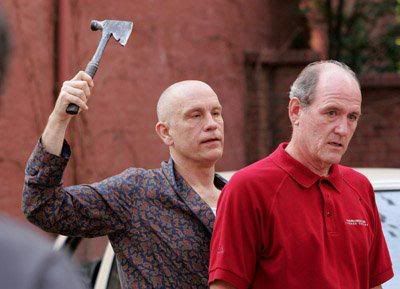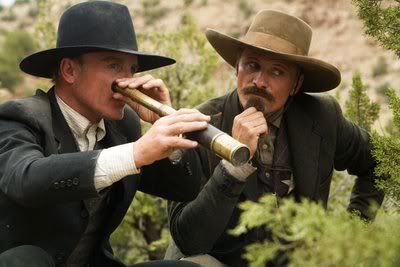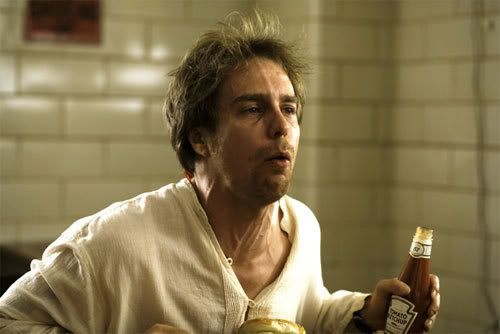directed by Alex Kendrick
written by Alex Kendrick and Stephan Kendrick
starring Kirk Cameron, Erin Bethea, Ken Bevel, Harris Malcolm, Phyllis Malcolm, Jason McLeod, Tommy McBride, Perry Revell

The Kendrick Brothers return with their third faith-based dramatic feature starring “Growing Pains” regular Kirk Cameron. Throughout it manages to convey difficult and complex human relationships naturally and with great focus and care.
Cameron plays a frustrated fire fighter named Caleb Holt married to a woman he can no longer tolerate. His wife, Catherine (Bethea) is equally upset with the marriage and decides after Caleb throws a tantrum and gets in her face that she’s had enough. Caleb cannot figure out what he’s supposed to do or if he really wants to do anything at all to rescue his marriage. His co-worker Chris ( Bevel) supports him and models his Christianity even though Caleb wants nothing to do with it. One of Caleb’s major obstacles is internet porn, something that haunts many Christian men who appear to want something more than their wives can provide. Caleb finds it nearly impossible to give it up even after Catherine catches him in the act of downloading images on his computer. Out of desperation Caleb turns to his father John, a man who dedicated his life to Christ a couple of years back and is concerned for his son’s well being. John introduces Caleb to a manual called the Love Dare and challenges him to complete the forty day course designed to improve himself and the way in which he sees his wife. Caleb begrudgingly accepts and begins the journey.
The film focuses on Caleb’s attempt to make his way through the Love Dare as every one of his attempts are rejected by Catherine. She is convinced he is just faking it in order to appear less hostile when the divorce proceedings are finalized. Her girlfriends share her sentiments. There is a separation of men and women in this film and they are treated as two entirely different animals at least initially. Neither is heralded above the other but they are different approaches to the sexual politics that inform any interpersonal situation. Catherine is a hard working woman who feels she has to perform more than her share of the chores at home. Caleb is hard headed and refuses to compromise his belief that a man ought to be shown respect at home. He complains that he commands respect everywhere he goes except in his own home.
Each person in this tortured relationship seek solace in different realms. With Caleb it’s pornography whereas Catherine starts to warm up to a doctor named Gavin Keller (Revell) who seems to have a thing for her. Catherine lets it go far enough to the point that she claims to one of her friends that he is the kind of man she needs. It is clear by the look on her face that she knows instinctively that she is acting in a way that betrays her true desire. Throughout the film Caleb steadfastly performs the daily tasks assigned to him and slowly he begins to ebb away at Catherine’s hard exterior. Caleb takes a monumental task to heart and proceeds along a specific path once he accepts Christ as his savior and, according to the film, learns what true love is. He puts everything he has into winning Catherine back and there are scenes between them that are emotionally charged and filled with tremendous tension. The Kendricks know how to milk the most out of most any emotional situation for maximum impact.
Some might argue that the veer into melodrama territory which is true but it manages to work in the overall context of the film. Some of the scenes are overwrought but they work exceedingly well due to the earnestness in which they are presented. There are amateurish moments in this film–the acting is occasionally sub par but one has to remember that these are not actors but impassioned community members who have taken the project upon their shoulders and helped move it along to where it needed to go. This film is ridiculously cheap by today’s standards–just over $500,000–and will prove to be one of the most profitable films of 2008.
The use of sex as a temptation best to be avoided proves to be an intriguing element in this film. The idea being presented is that men who frequent certain web sites no longer find their wives attractive and go out looking for images that reflect body types that they consider ideal. They can’t see their wives as flawless physical specimens so they look for it via their computer screens. The act of seeking out these plastic women causes tremendous guilt in these men and Caleb reflects this anguish as the film shows him shutting down his computer after gazing upon any number of sexually stimulating bodies engaged in a variety of illicit behaviors. Caleb clearly dislikes himself for this addiction but as with any addiction he feels helpless to find his way out of it. According to the film he finally gains a resolve with God’s help and takes a dramatic step to rid himself of the enemy.
Caleb’s transformation from selfish egoist to compassionate husband is not smooth and it is to the film’s infinite credit that he is not able to get what he truly desires without a whole lot of work, pain and suffering. His sorrow throughout the film makes the inevitable payoff particularly poignant and viable. It’s no mystery that in this sort of film everything solves itself although I felt that it might have been much more powerful if it had ended with Catherine still mulling over whether or not to allow her husband back into her life but that clearly is not an option in a film that is all about the covenant between man and woman. To end it as I envisioned would rob it of an easily digestible closure that ably ties everything together in a pretty pink bow. Still, in pure cinematic terms my alternative ending would have been much more effective as it would have left the audience with a series of questions and no obvious answers. Here we have the obvious answer to everything that has come before and the end result is relatively unsatisfying.
The film employs many regular folks in various roles and some of these are clearly not used to performing in front of the camera. These performances are a bit flat and lack nuance and emotional clarity. Still, for the most part, the cast does a fine job conveying the material which is deeply passionate for the subject matter it is attempting to convey. It’s refreshing to view a film that so unabashedly wears its intentions on its sleeve. There is no mystery here that this is a film dedicated to espousing a specific world view that regards Christ paramount as a living and breathing necessity in the world. It’s a good thing that this film has proven successful because there should honestly be more films that cater to this rather large audience so that they can experience films that reflect back to them their values. There is no reason why there shouldn’t be films coming out of Hollywood that are informed by Christianity although the earnestness and focus of this film might get diluted by any attempt to realize this sort of vision by the industry. It is the homespun aspect of this film that makes it so charming and enjoyable. The simple fact that it is a community effort centered around a specific church lends itself to an appreciation for the herculean effort put into this project.
There are moments in this film that are as strong and effective as anything that can be seen in a darkened theater. It is clear from the beginning that this is going to be a struggle between two people who have clearly not given up on one another. With so many marriages crumbling for a variety of reasons this film chooses to demonstrate a method with which one particular marriage might be saved. It shows how strained and stressful this process is and how devotion takes on many strange forms throughout the course of any romantic relationship. There is terrible pain in this film that merely makes those so afflicted that much stronger in the end. This film is about salvaging something it holds as a sacred bond that can never be broken. In the secular world most people would have dissolved a marriage in this bad of shape. It would be an easy thing to do and the couple would simply walk away from another. The agenda in this film is to show that this way of handling a marriage is not an option. The idea here is that marriage is forever and nothing shall come between a man and a woman strong enough to sever the tie.
The performances in this film are essentially capable of conveying the proper level of intensity required of the script. Kirk Cameron expresses all of the difficulties plaguing his character as he attempts to solve himself and the marriage he has committed himself to. Cameron demonstrates a range that allows him to command the screen during a variety of sequences. Erin Bethea sometimes seems to go a bit flat but for the most part she expresses everything required of her through her character’s various emotional states. Bethea has a slightly damaged look on occasion which works well for the character. Ken Bevel is quite good at conveying strength and assuredness in a gentle manner which provides his character with a sense of grace and clarity. Bevel presents a confident character who knows himself and is at ease with his place in the world. Harris Malcolm is solid and professor-like in his role as Caleb’s father. He demonstrates kindness through his eyes and clearly expresses a Christ like humility that provides the film with a certainty that enriches the experience of viewing it.
Overall, this film has an expressive message that rarely is given this type of treatment. This scenario is played out in the lives of many people who struggle to find the right method of helping them make their way back to the early days when everything was fresh and promising. It conveys the struggle without preaching its vision of the world to its audience. Certainly its focus is to express the love of Christ in a dramatic story designed strategically to promote Christianity but it doesn’t fall into the trap of overselling its message. It’s still an effective story that relates very necessary trauma without becoming sentimental. The simple idea that God’s love has the power to change lives is a profound one and the film does a terrific job holding on to this central idea. This is the story of a little film based entirely on biblical principles that managed to find itself shown in a great number of theaters across North America and beyond. It is a dazzling success story and a tremendous inspiration for others who share this particular outlook. Perhaps it might allow for more films of this type to make it into the multiplexes and show the film industry that Christian films can turn a profit.
